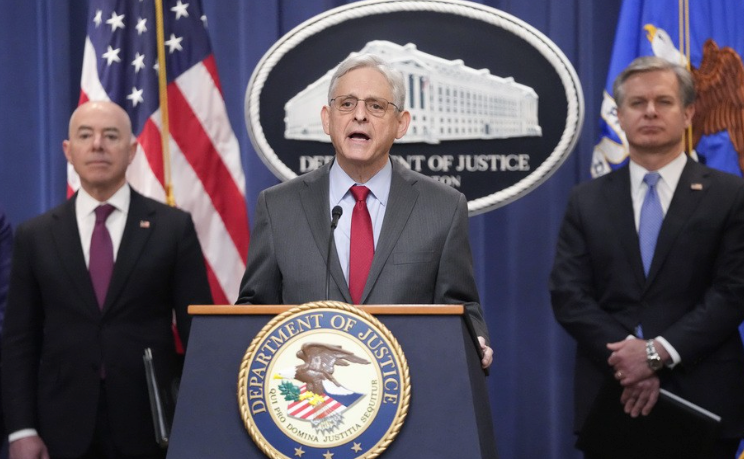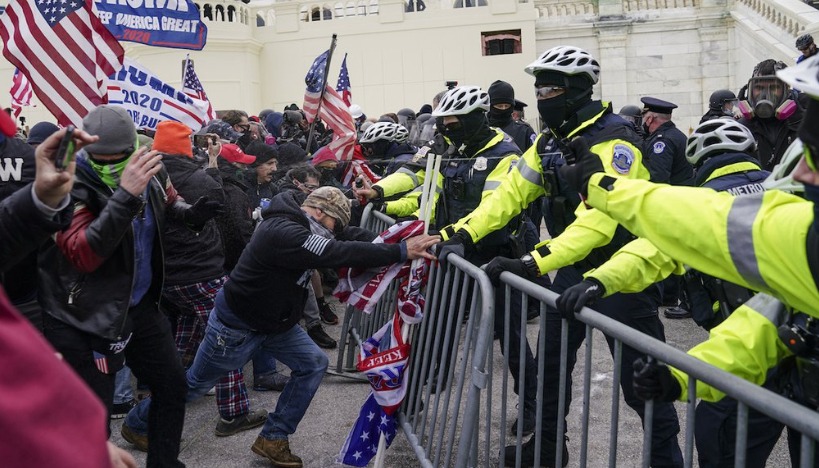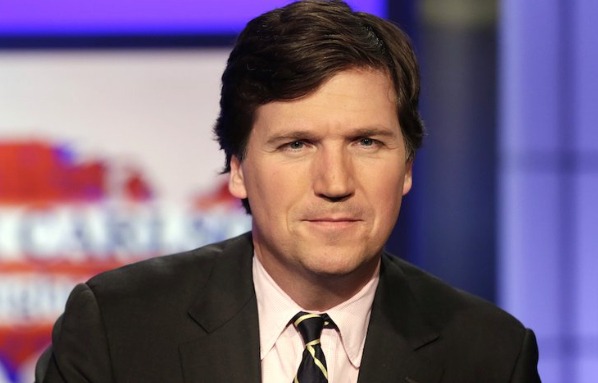Justice Department records unsealed on Tuesday reveal that two politically connected consultants provided misleading information regarding lobbying efforts on behalf of a wealthy Gulf country during the Trump administration.
According to charging documents filed in a federal court in Washington, Barry P. Bennett, an adviser to Donald Trump’s 2016 presidential campaign, allegedly orchestrated a covert and lucrative lobbying campaign to promote the interests of a foreign nation, including disparaging a rival country.
While the documents do not name the country, it aligns with Qatar, which paid Bennett’s company $2.1 million for lobbying work in 2017, as indicated by a 2020 Justice Department subpoena.
Federal prosecutors filed two criminal counts against Bennett, stating that the case will be dismissed after he complies with the terms of a deferred prosecution agreement, including a $100,000 fine.
Similarly, the Justice Department reached a similar agreement with Douglas Watts, a New Jersey political consultant who allegedly worked with Bennett but failed to register under the Foreign Agents Registration Act.
This law requires individuals to disclose lobbying or public relations work on behalf of a foreign government or political entity in the U.S.
Bennett signed a contract in 2017 for his company, Avenue Strategies, to perform lobbying work for the Qatari embassy and registered with the Justice Department for lobbying. However, prosecutors claim that he also covertly operated another company, Yemen Crisis Watch, to denigrate one of Qatar’s unnamed rivals.
This effort included lobbying Congress and Trump, a social media campaign, publishing opinion articles, and producing a TV documentary.
Robert Schuller, a prominent televangelist, and former Kansas Gov. Jeff Colyer were reportedly involved in Yemen Crisis Watch’s efforts but have not been charged.
Bennett’s consulting firm did not disclose the creation of Yemen Crisis Watch in its FARA filings, and Watts allegedly made false statements to the FBI about his knowledge of the company’s activities.
The case is one of several investigations into Qatar’s influence campaign during the Trump administration.








